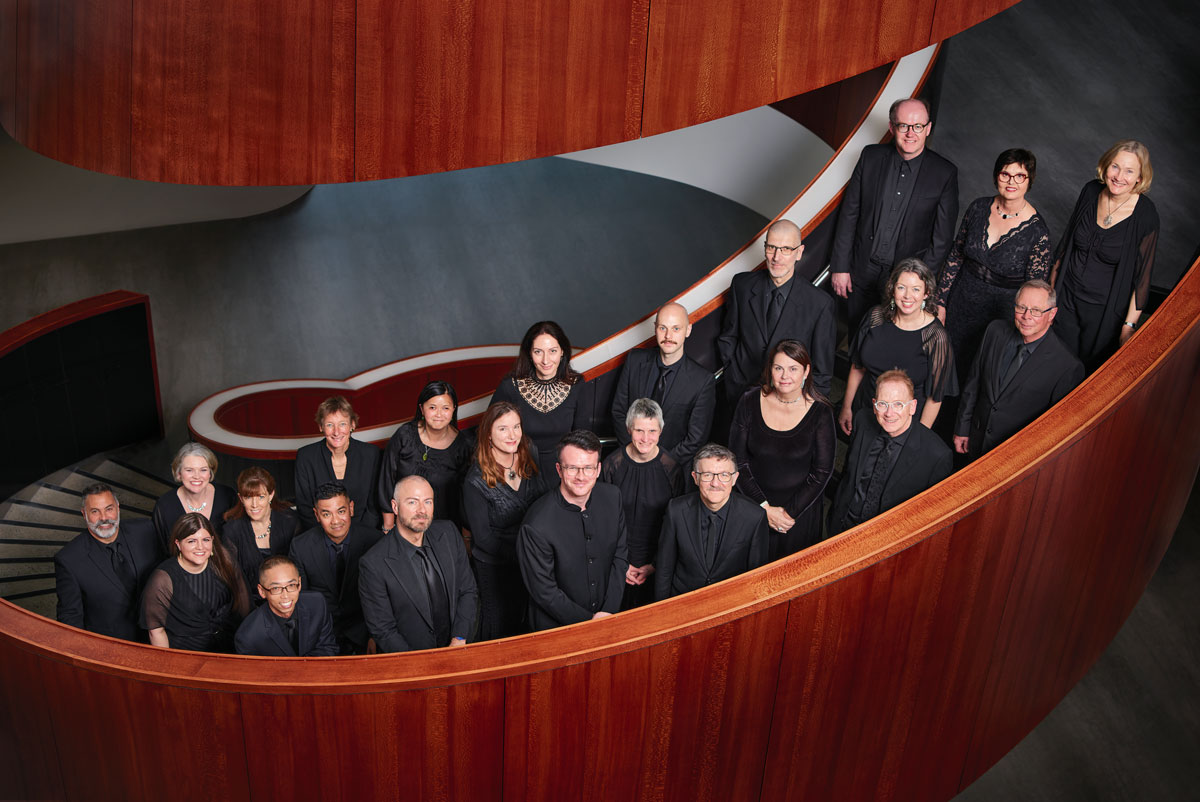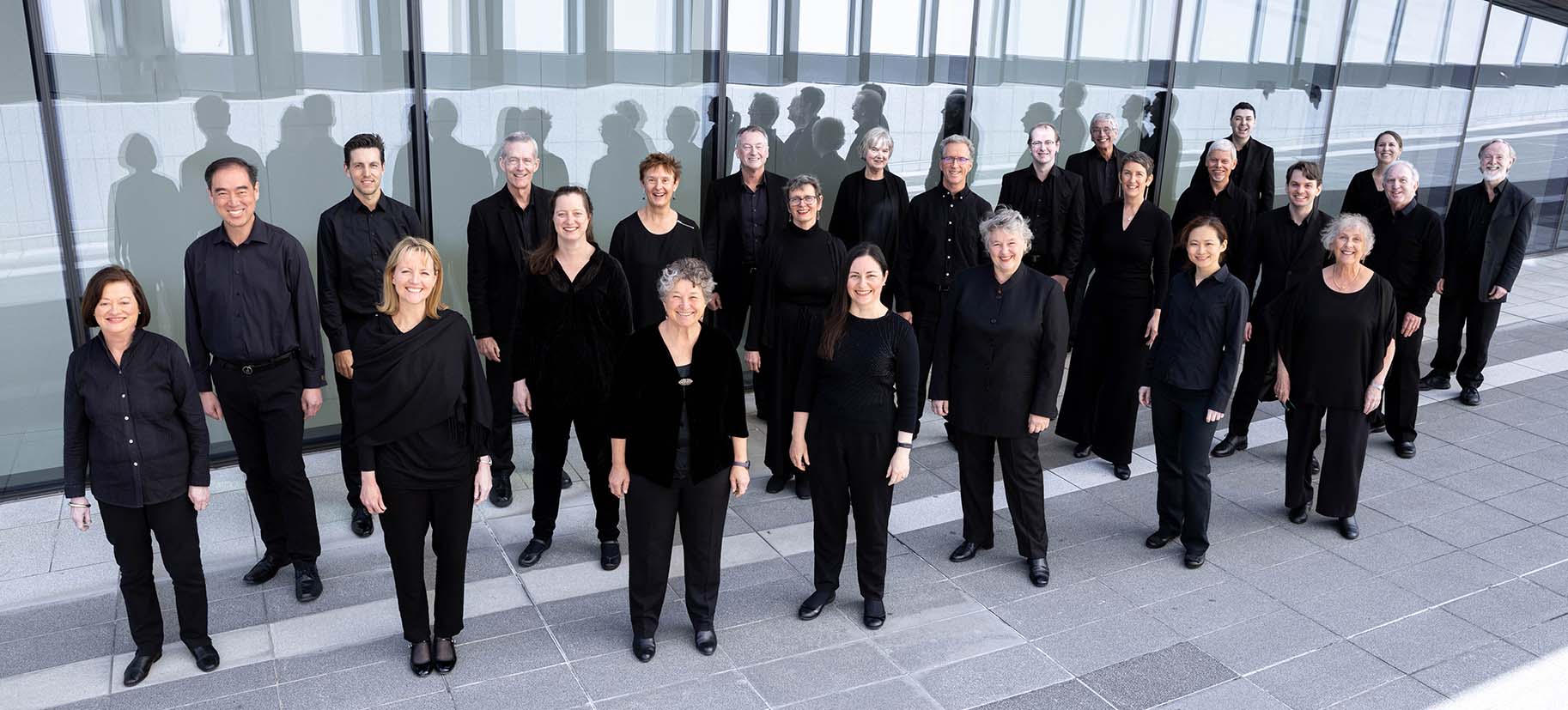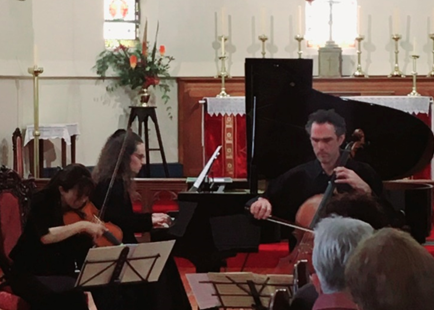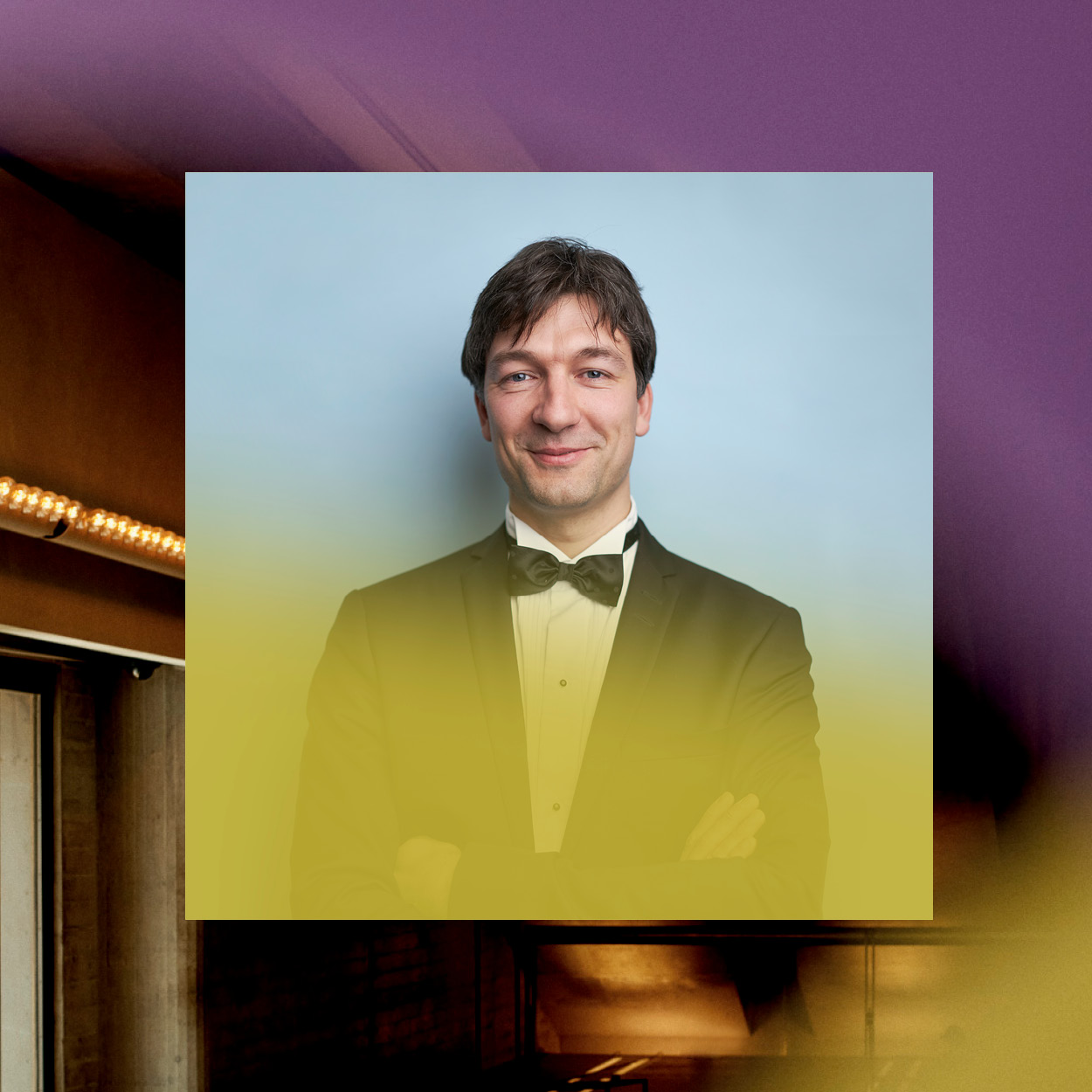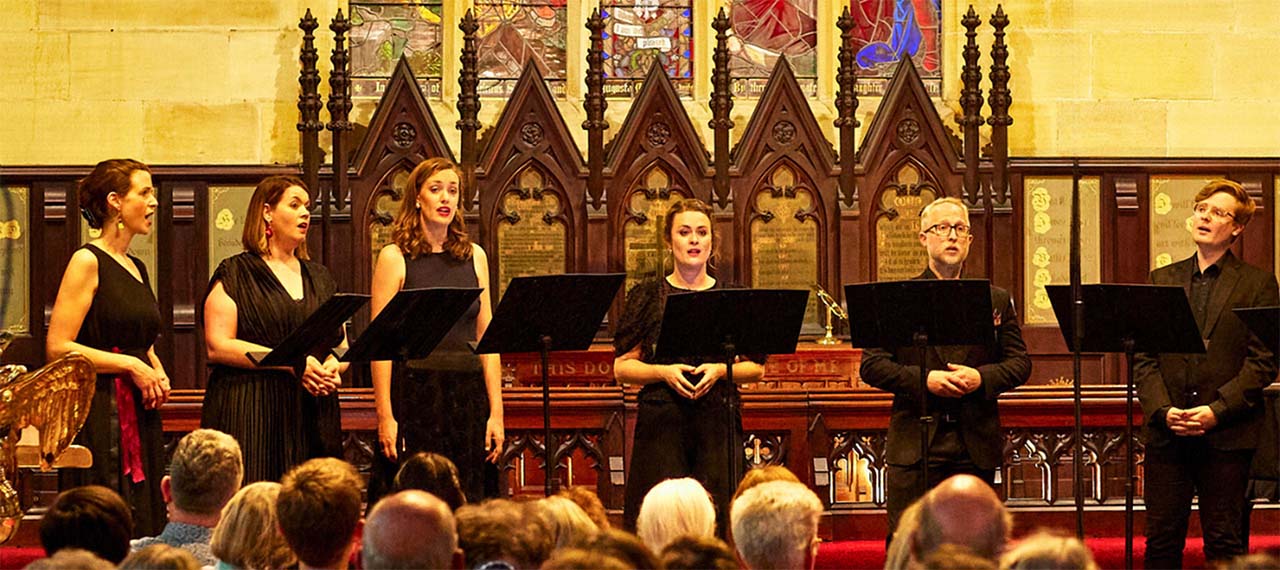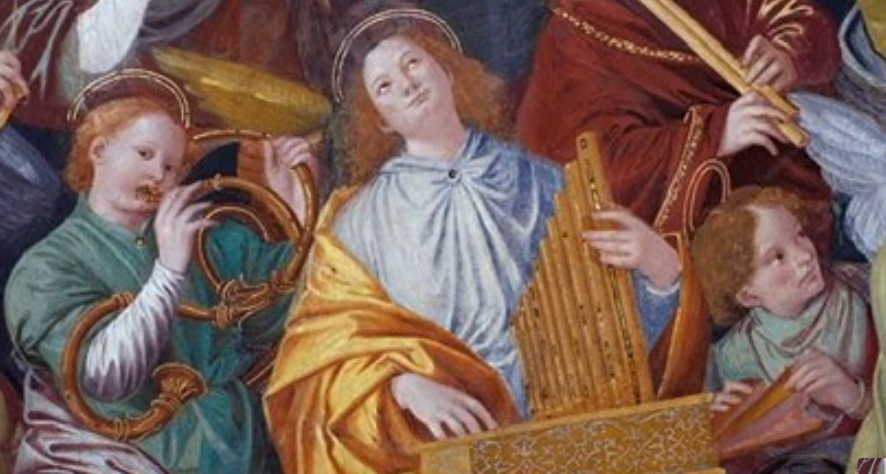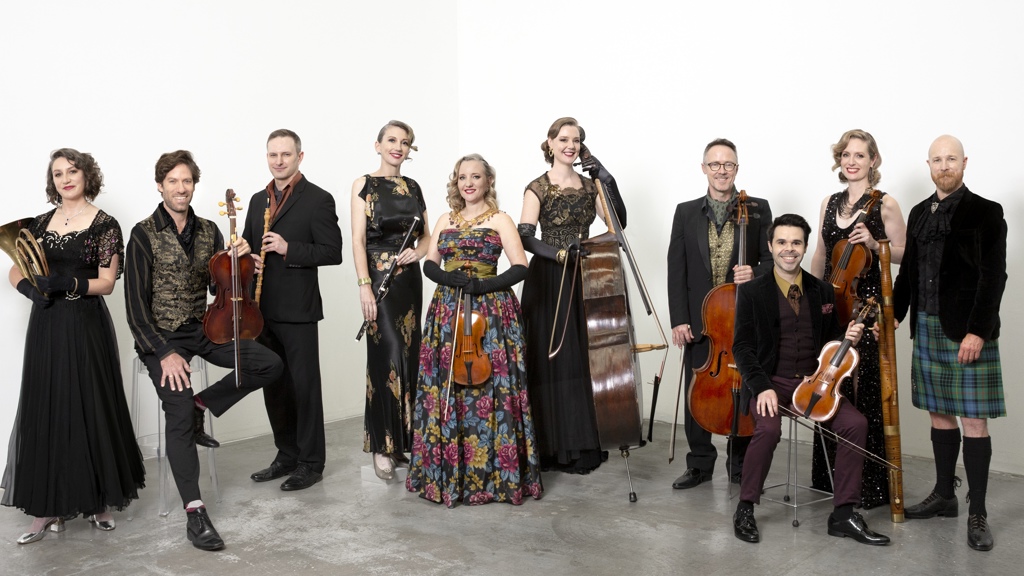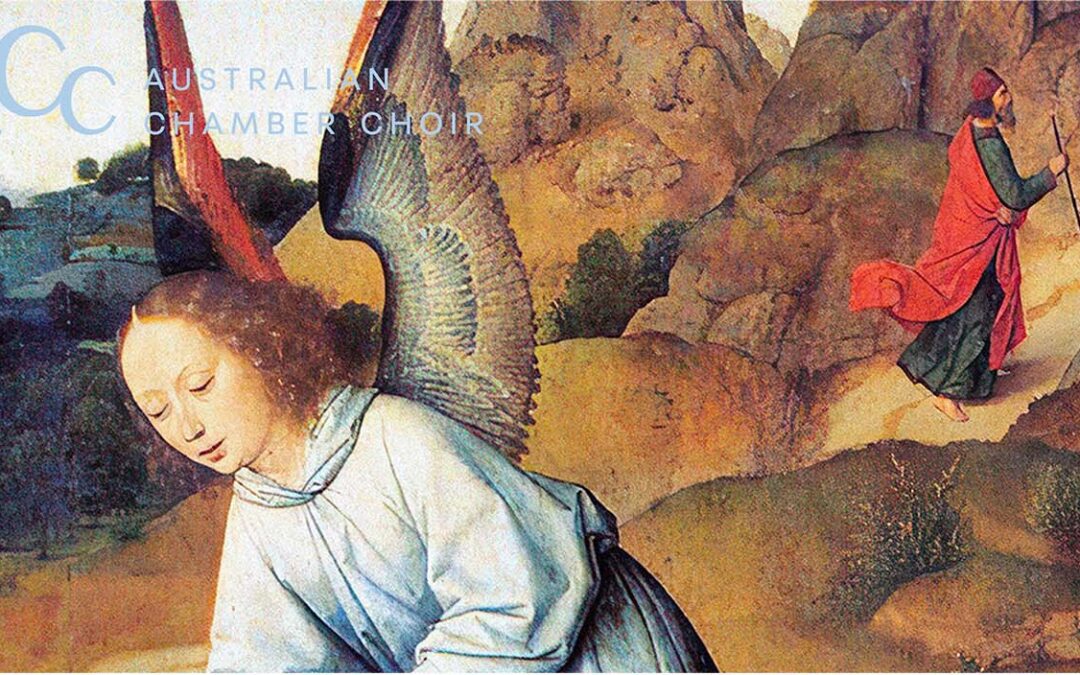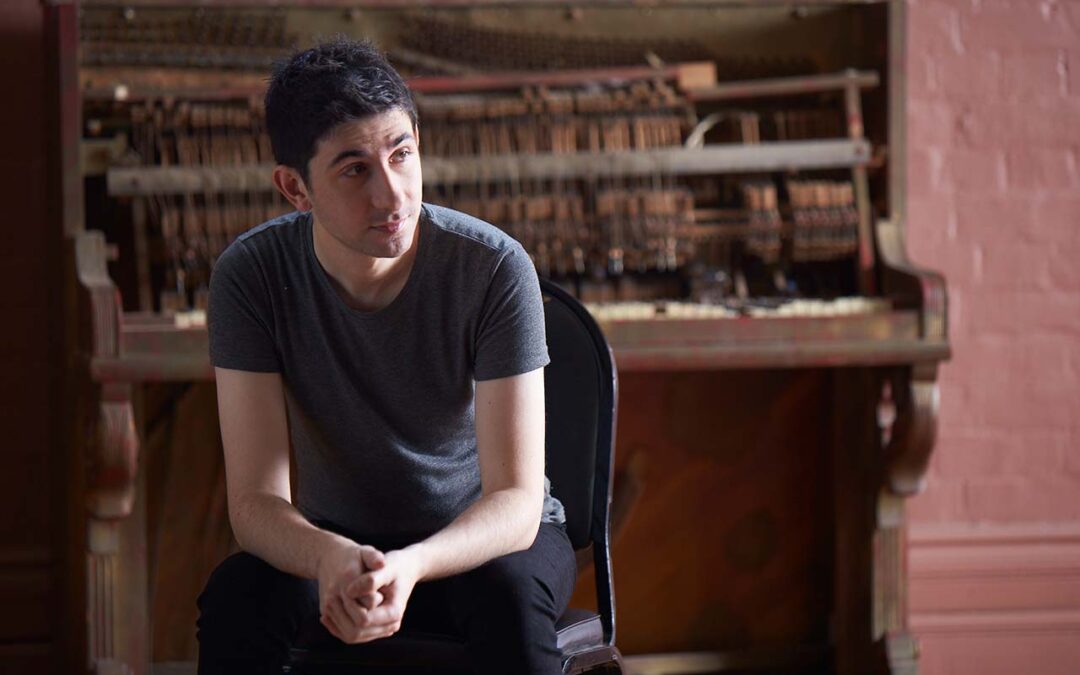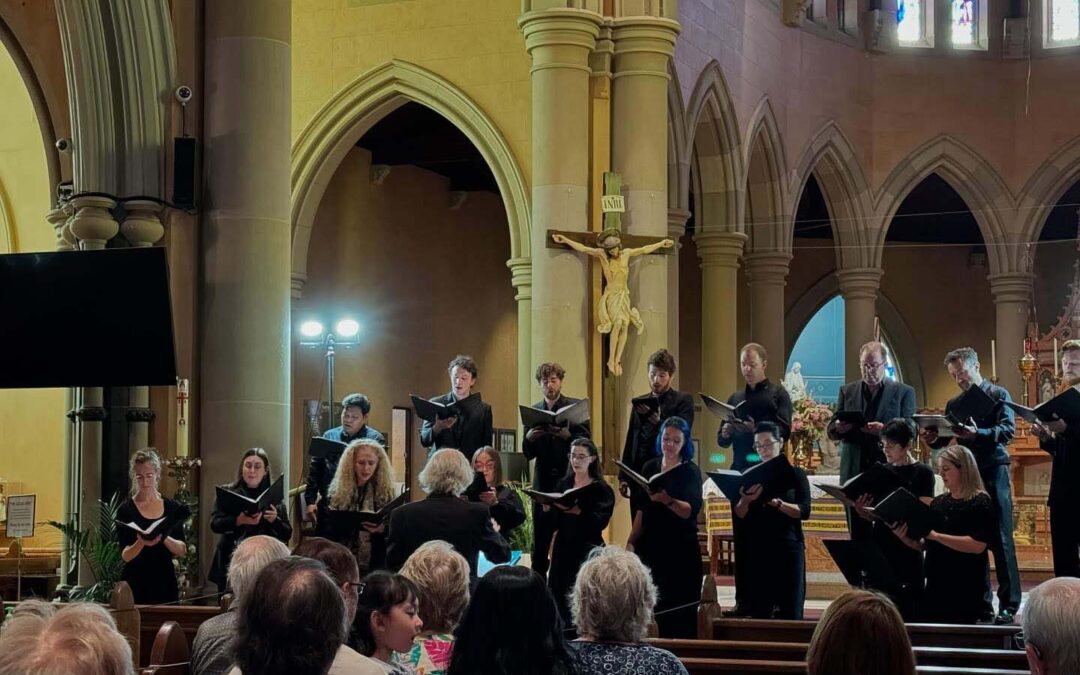Australian Brandenburg Orchestra | Paradisum
March 4, 2022, City Recital Hall
The Australian Brandenburg Orchestra has established a reputation as a finely tuned dedicated company specialising in Baroque period music and of course it is named after works of J.S. Bach. Formed in 1989, under the auspices of Paul Dyer and Bruce Applebaum, it has made the City Recital Hall its home.
Friday’s concert was perhaps unusual being focused on a work by Fauré, far removed from Baroque. The first half however was dedicated to French composers of the sixteenth to eighteenth centuries and was titled Musique de la Reine (Queen’s Music). As Artistic Director Paul Dyer explained, the musicians all studied in the Madeleine area of Paris. This title was particularly apt for the first piece Le Flambeau du Monde (The Torch of the World) as the composer Charles Tessier spent some time in the court of Queen Elizabeth I.
A more familiar composer, Jean Phillipe Rameau, wrote the next piece The Waking Call of the Birds played on the harpsichord by Dyer although I for one couldn’t perceive any bird calls in the music. Many of the pieces were sombre in nature as exemplified by Guillaume Costeley’s I much prefer to suffer death, but the last piece by the familiar Jean Baptiste Lully provided an exuberant finale. The group including two lutes, strings percussion and guitars with five vocalists performed admirably and showed dedication to the nature and era of the music.
Well, one would have expected the continuation of a sad tone with the following piece in the program, Gabriel Fauré’s Requiem, but this is far from the case. Fauré, romantic and passionate by nature, became introverted and depressed as he aged (perhaps, dare I say, because of his dowdy boring wife!) and much of his music reflected this. It is as if he re-awakened his enthusiasm by encompassing the thought of death. There is scarcely a minor chord in the work. And because of this it is singularly attractive and engaging. In fact the composer himself said in 1902, “…but it is thus that I see death as a happy deliverance, an aspiration towards happiness”. Nevertheless it took him 23 years to complete, the first performances being at the same Madeleine church where the baroque composers we heard earlier studied. As if to emphasise this ‘happy deliverance’, he removed the usual Dies Irae (Wrath of God) section, merely referring to it in the Libera Me (Deliver Me) section of the Requiem. The work makes great listening and identifies religion with joy.
The Australian Brandenburg Orchestra and Brandenburg Choir and soloists were faultless, I thought that the voices of the four tenors and of the soloist soprano Bonnie De La Hunty were particularly outstanding. The whole performance reflected the enthusiasm of the charismatic Paul Dyer who must be delighted that his ambitions have come to fruition.
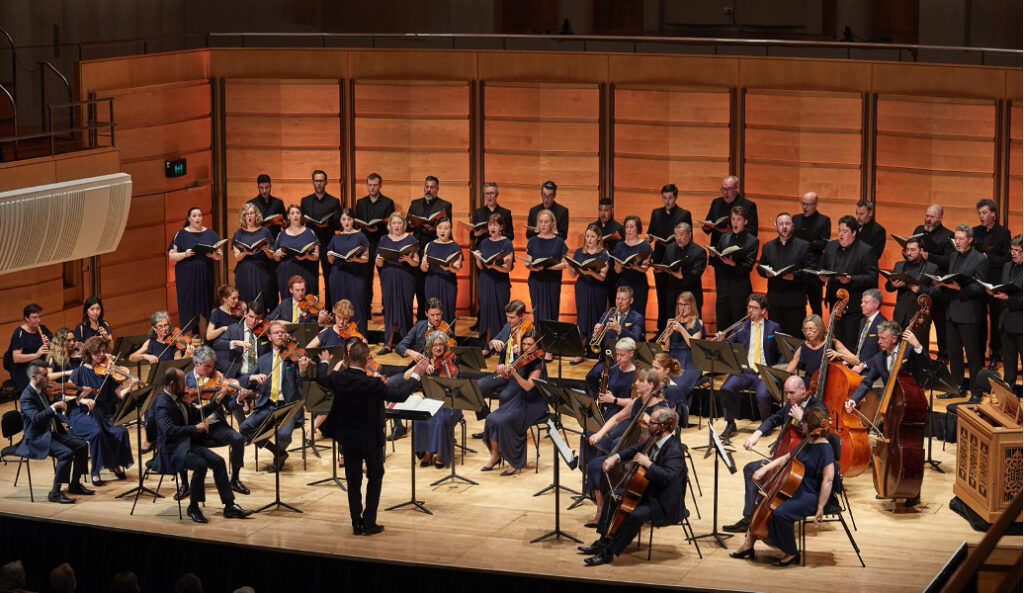
ARTISTS
Paul Dyer conductor, harpsichord
Australian Brandenburg Orchestra
Brandenburg Choir
Bonnie de la Hunty soprano
Hayden Barrington baritone
Photo credit: Keith Saunders

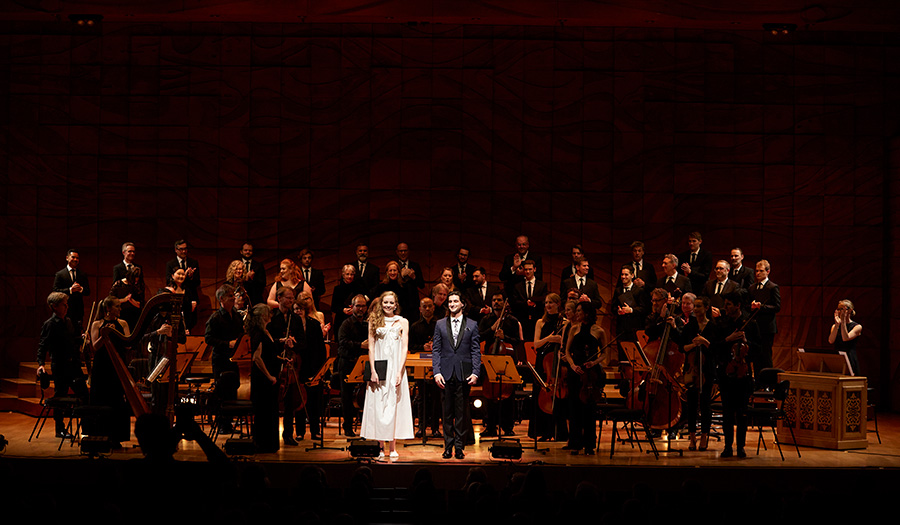
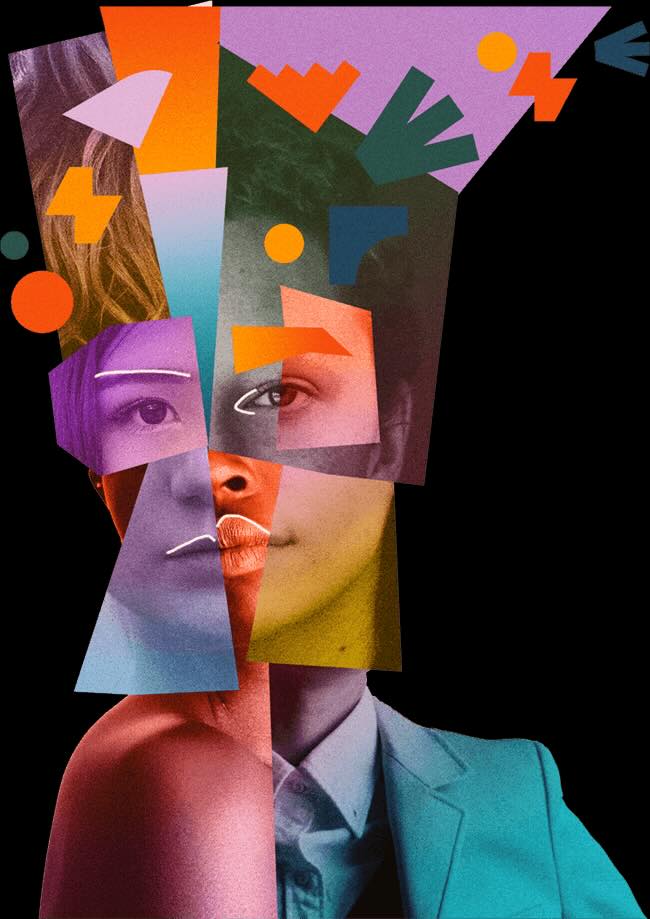


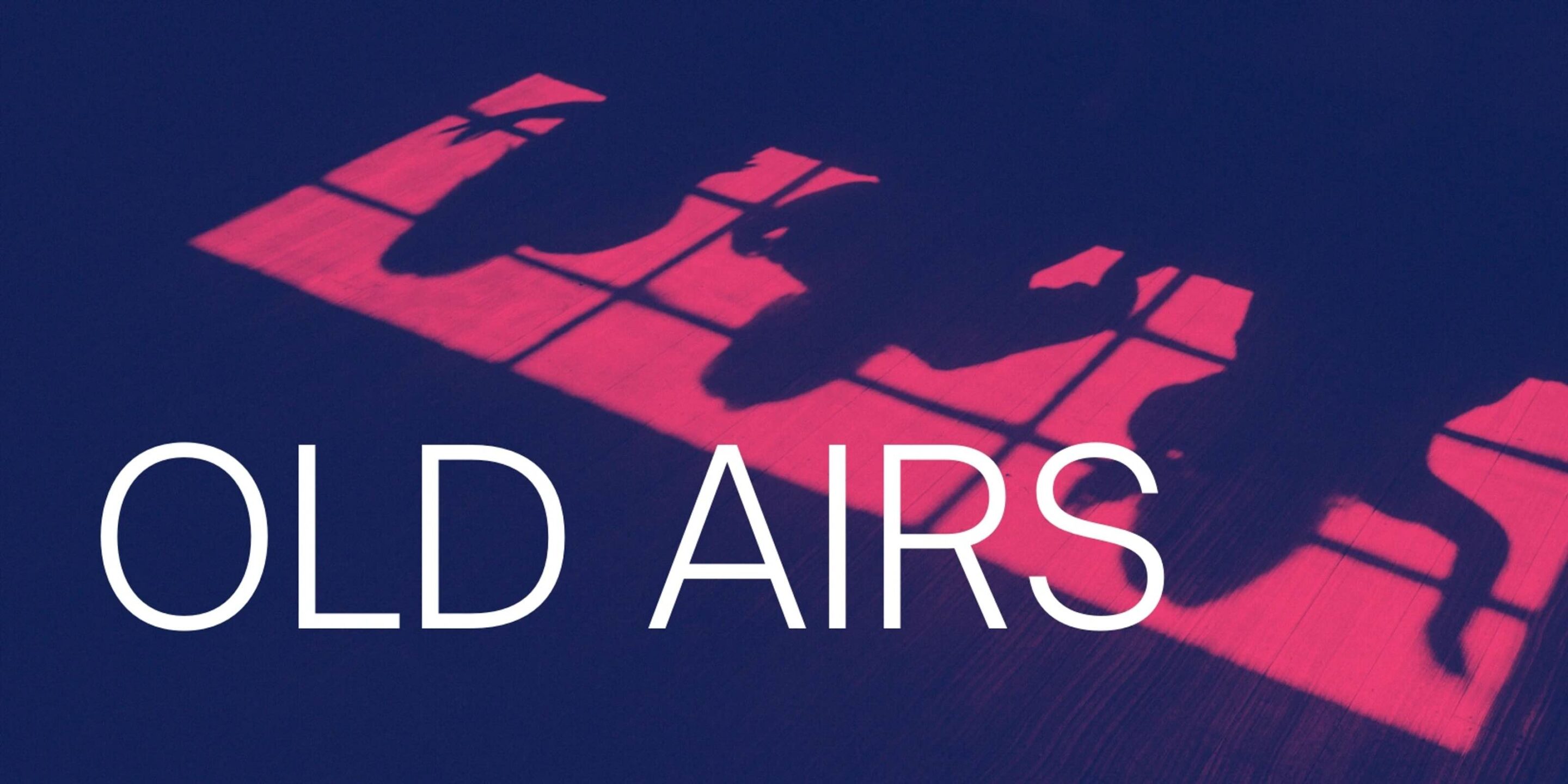
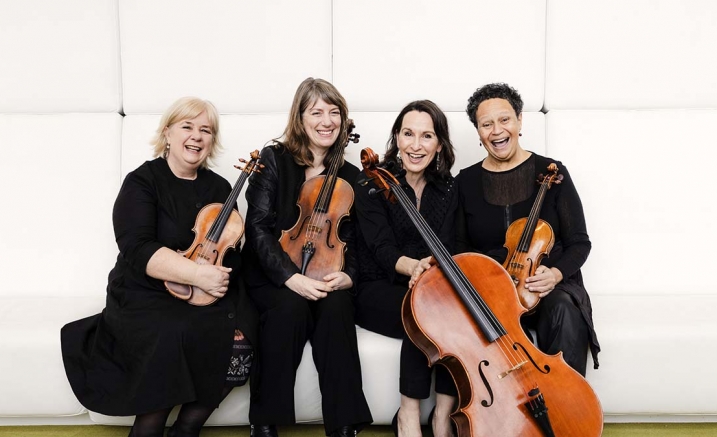


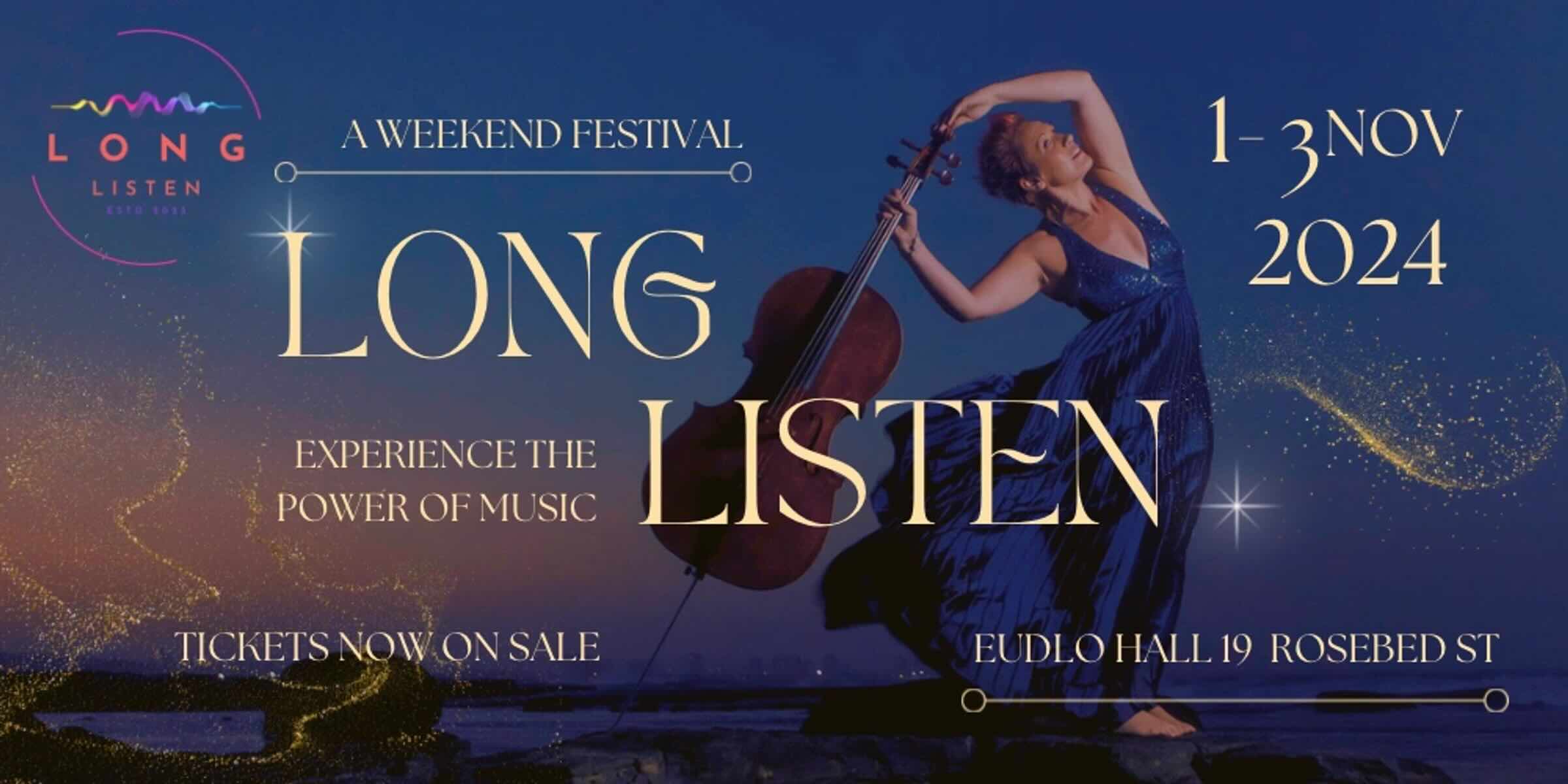
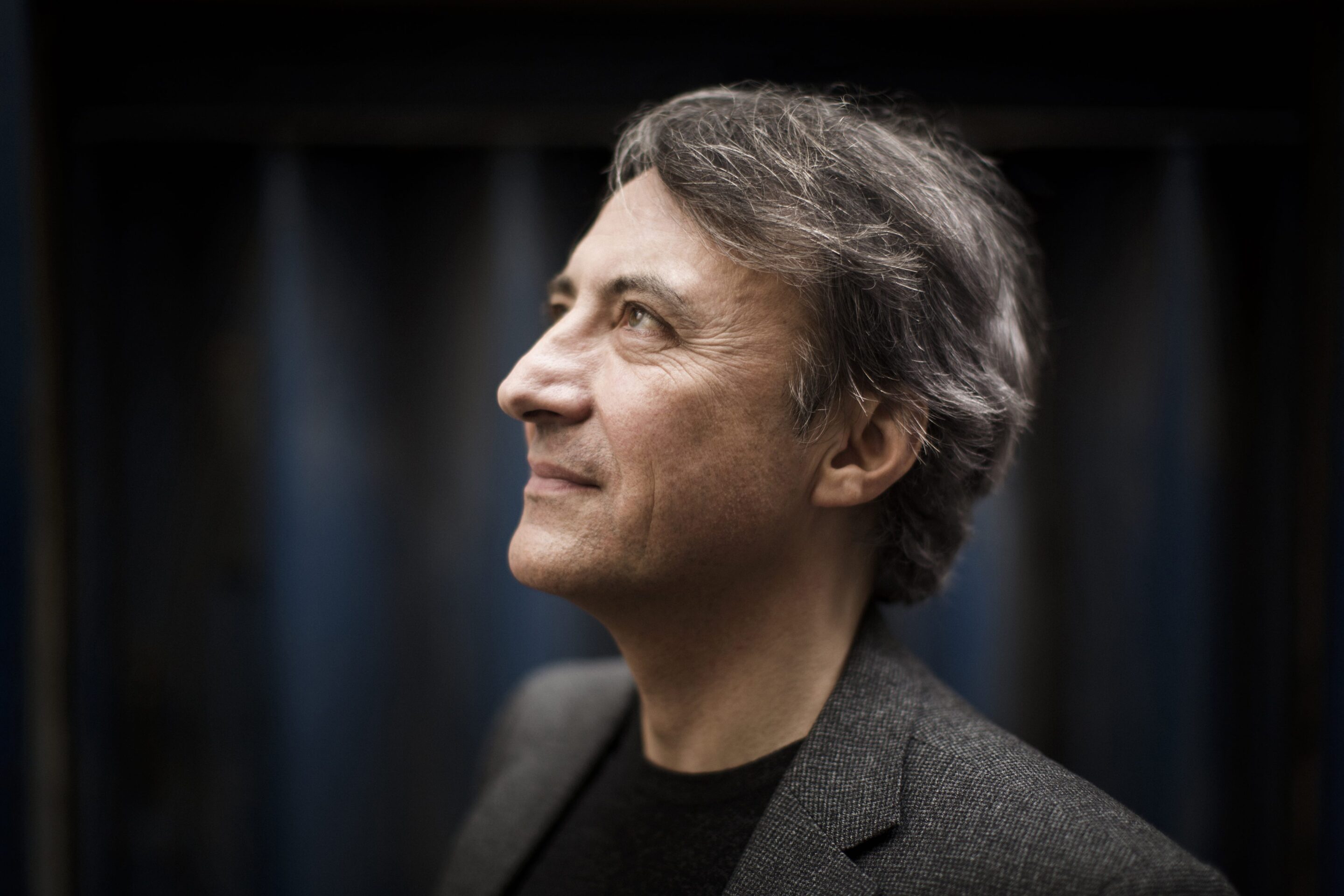

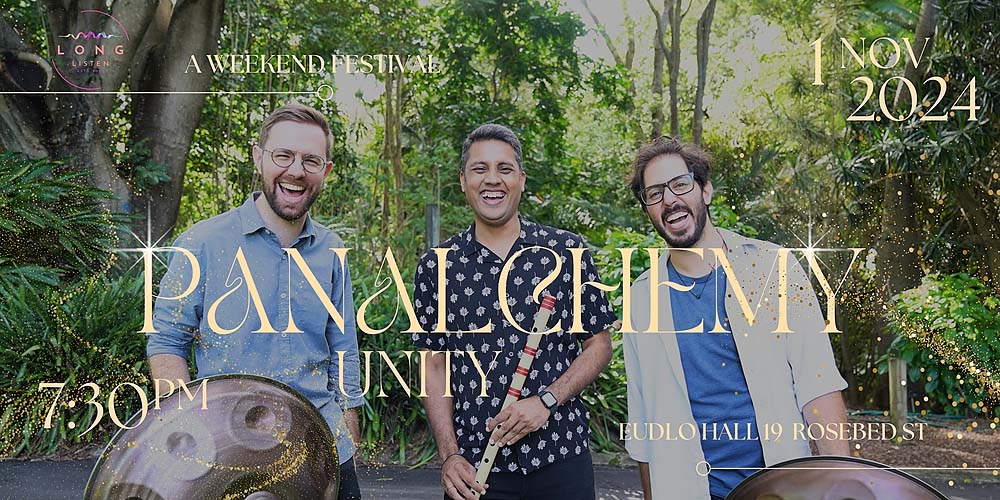

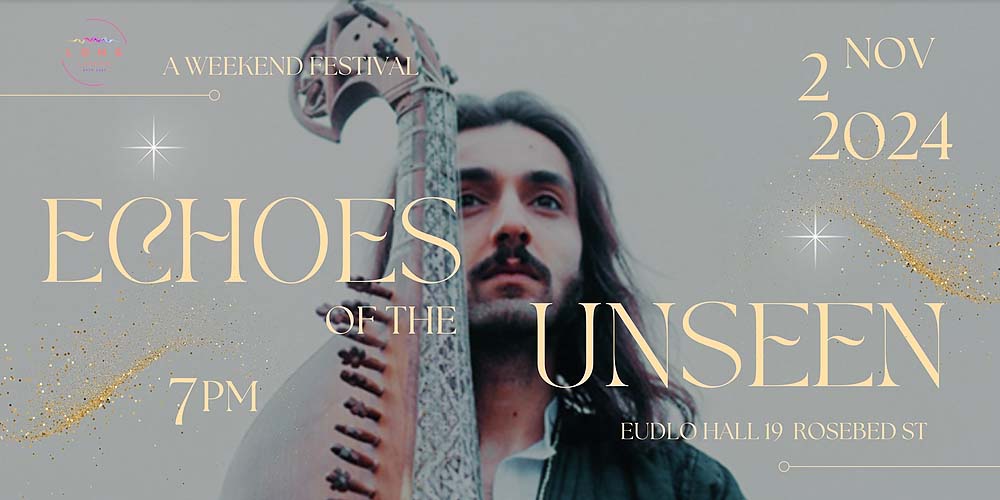
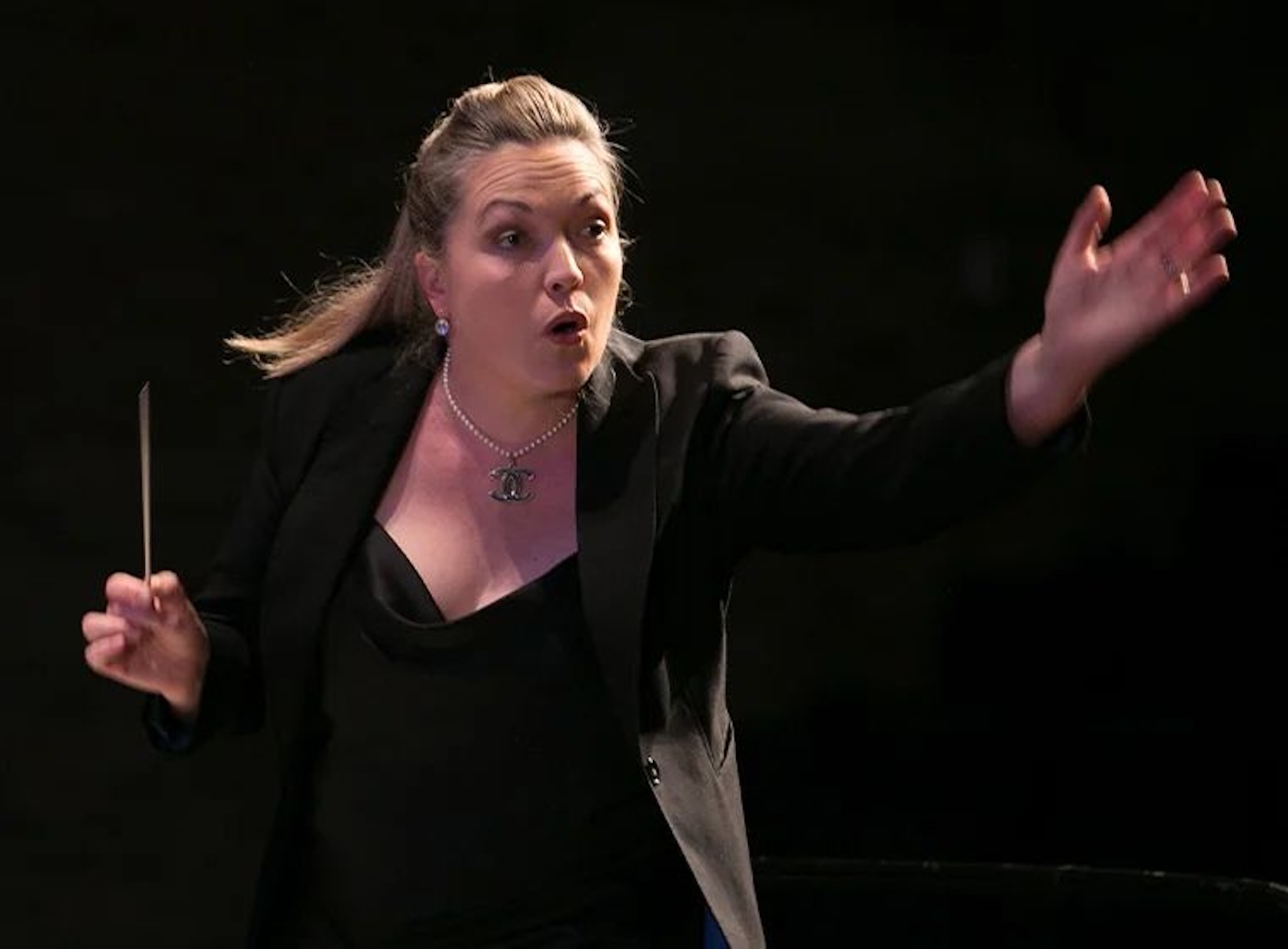
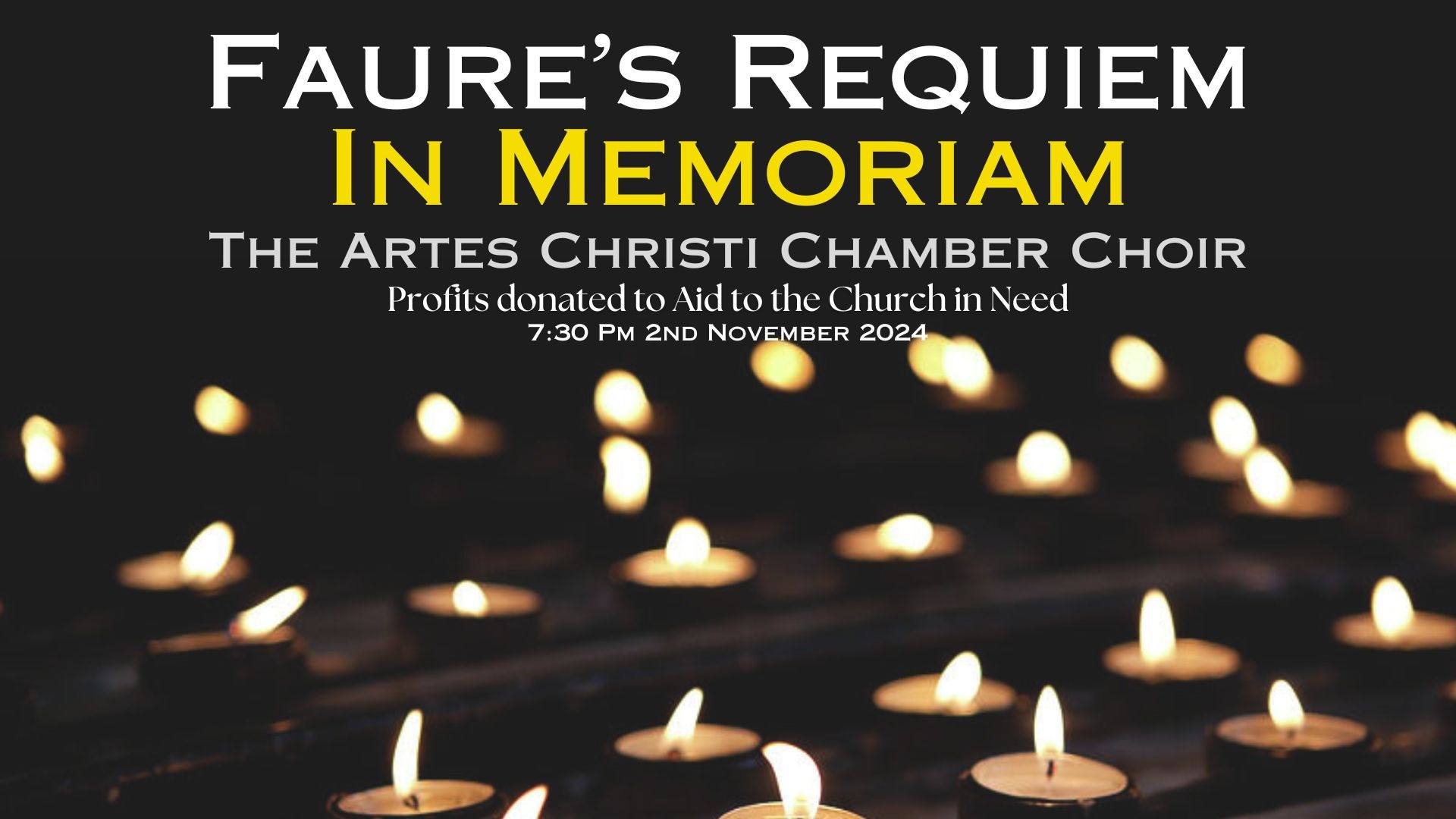
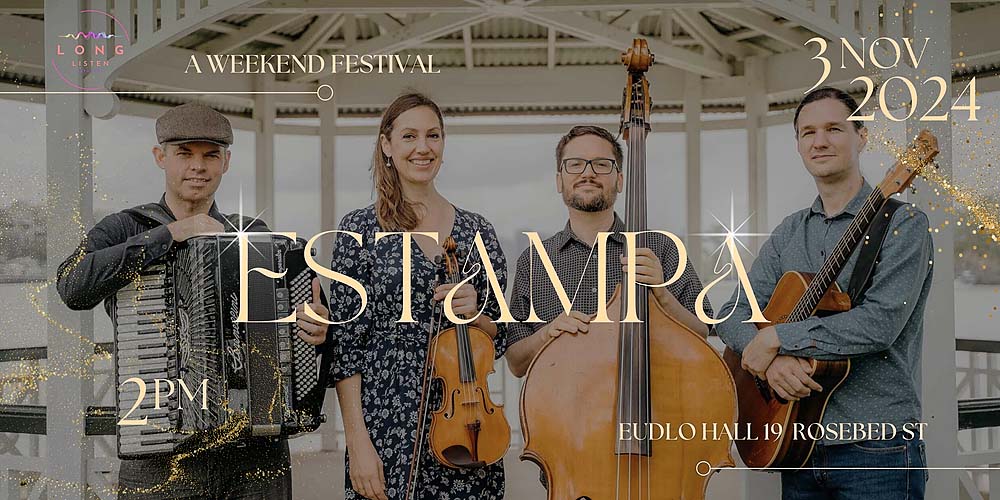

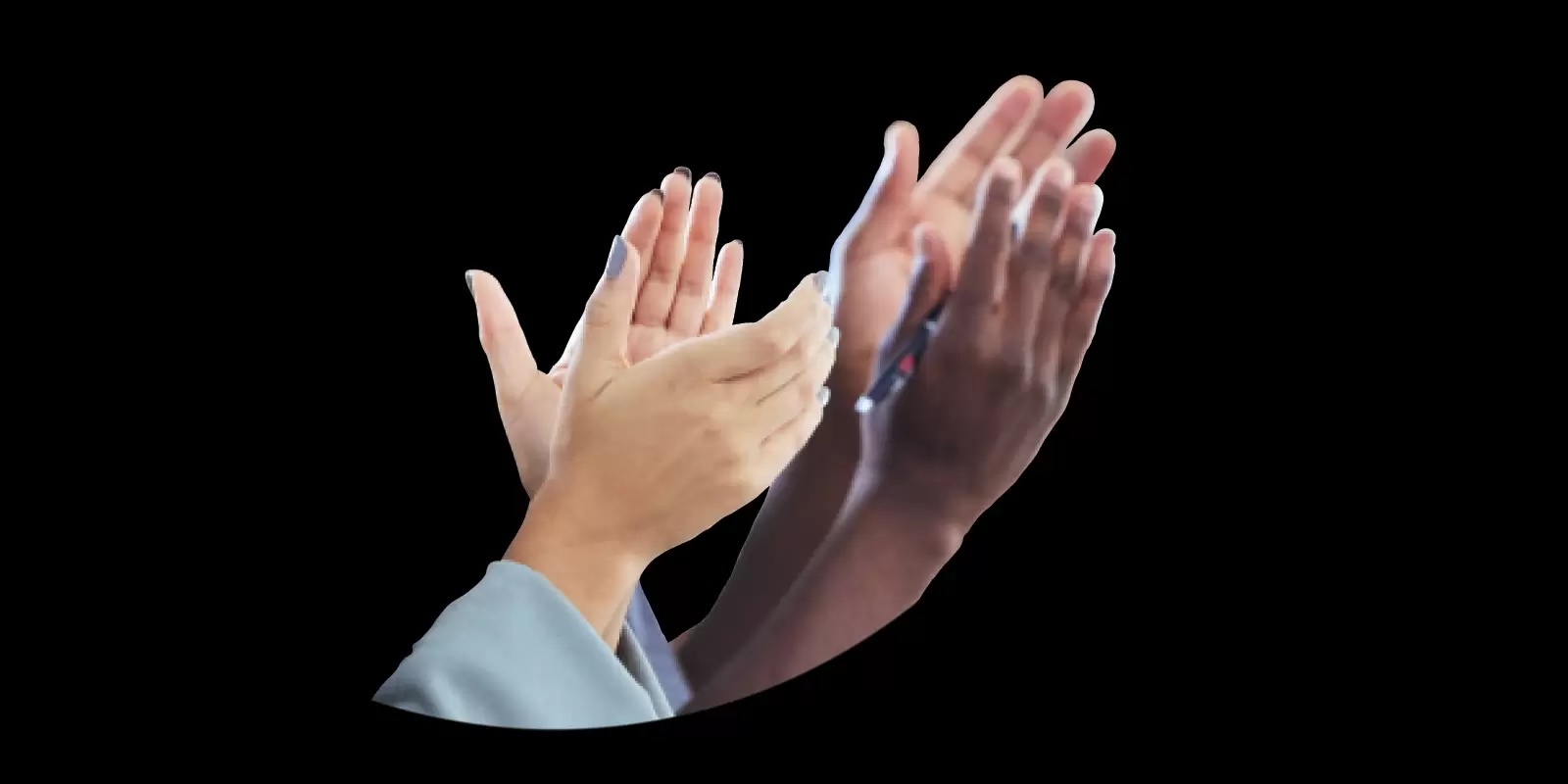



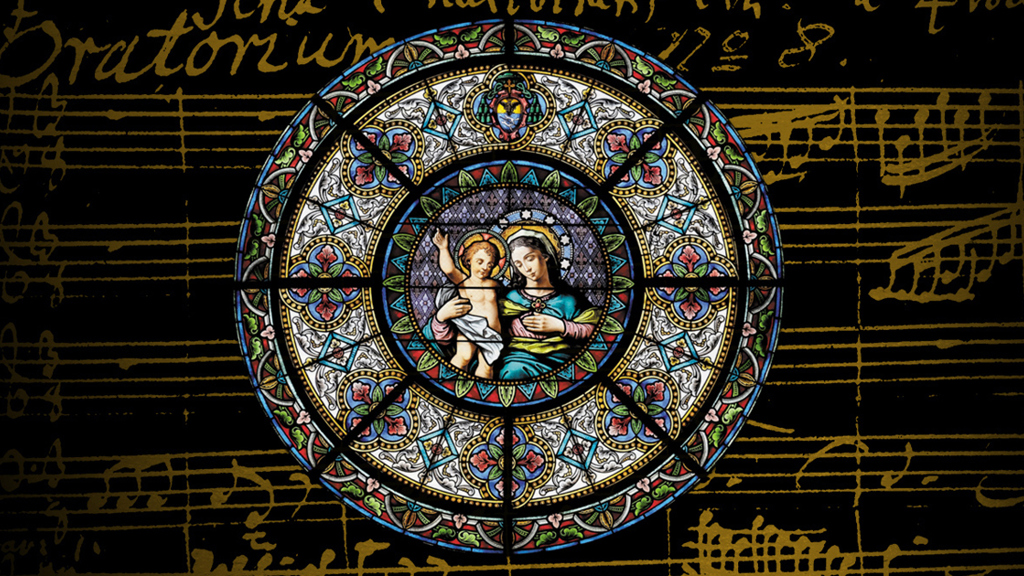
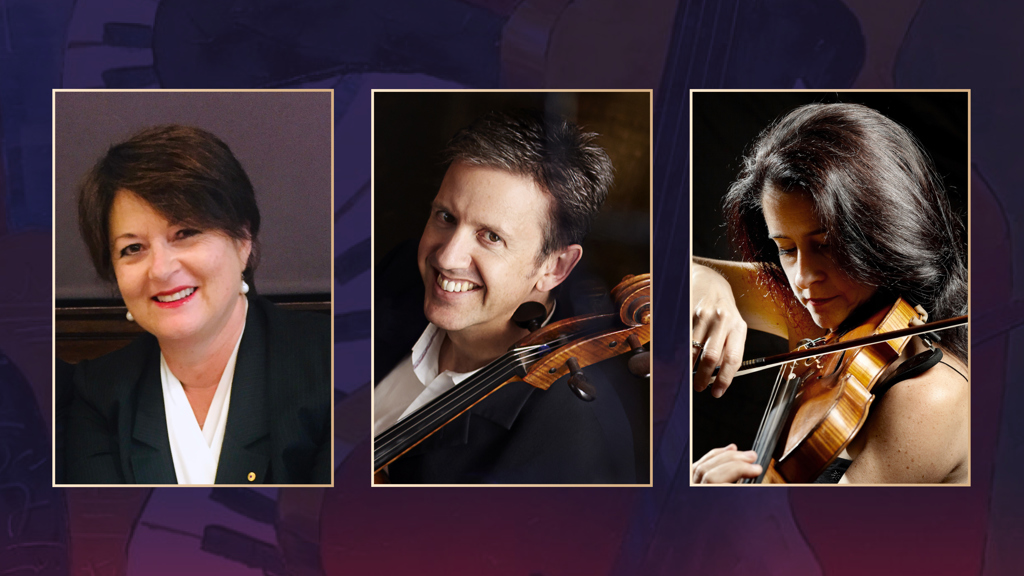

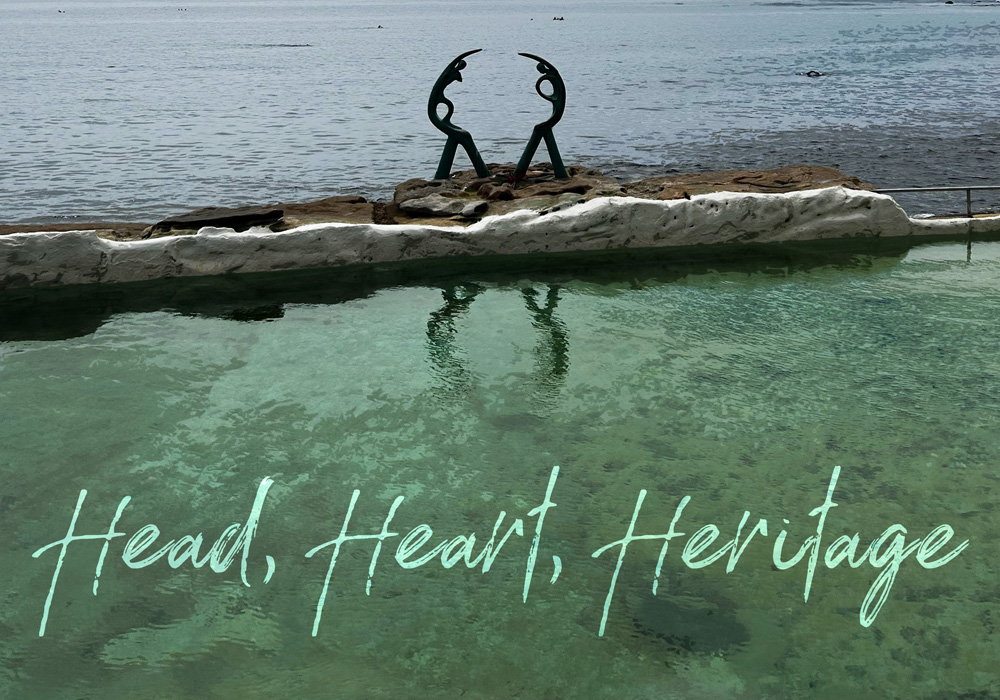
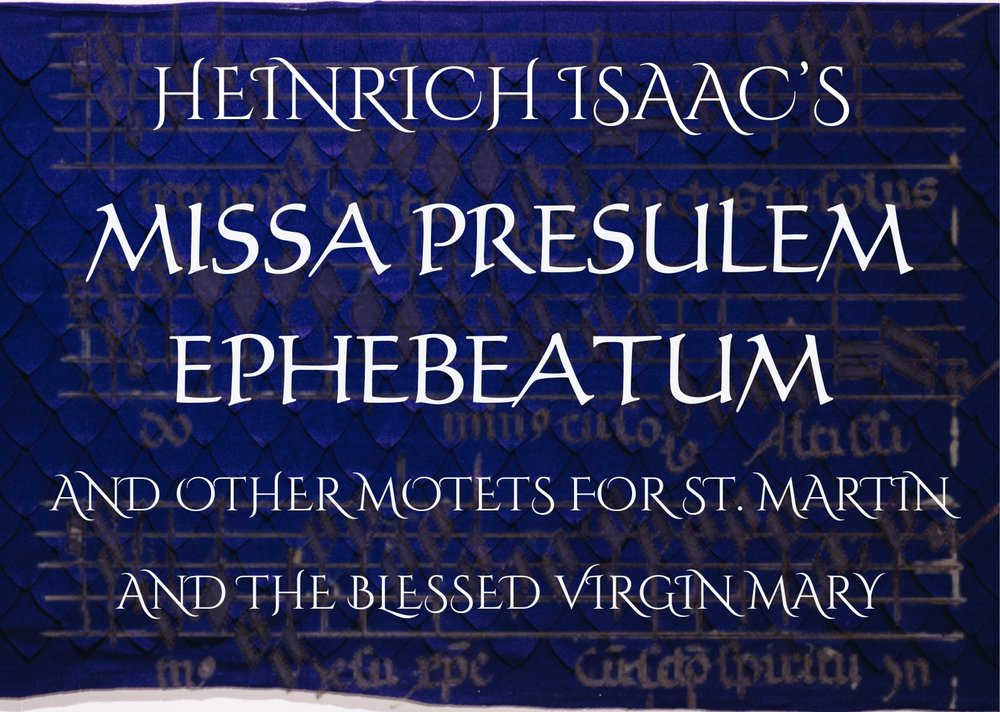

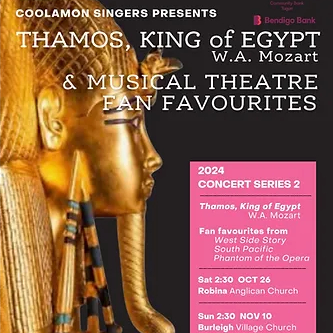
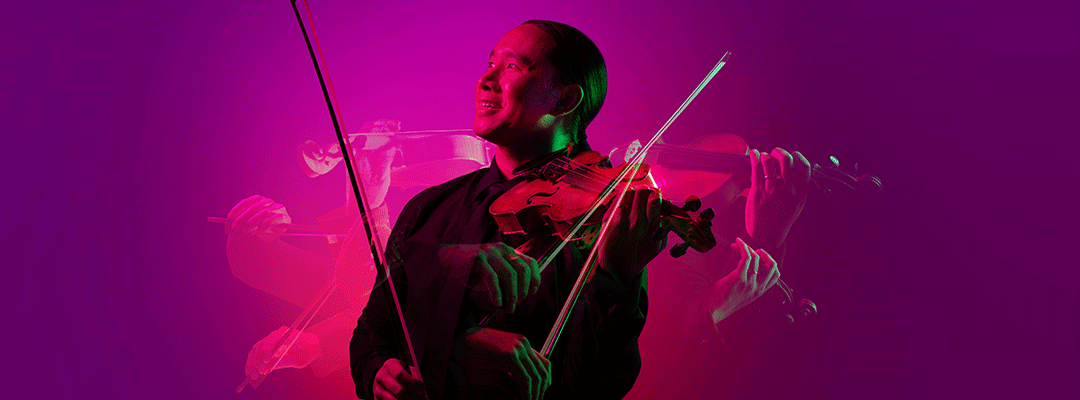


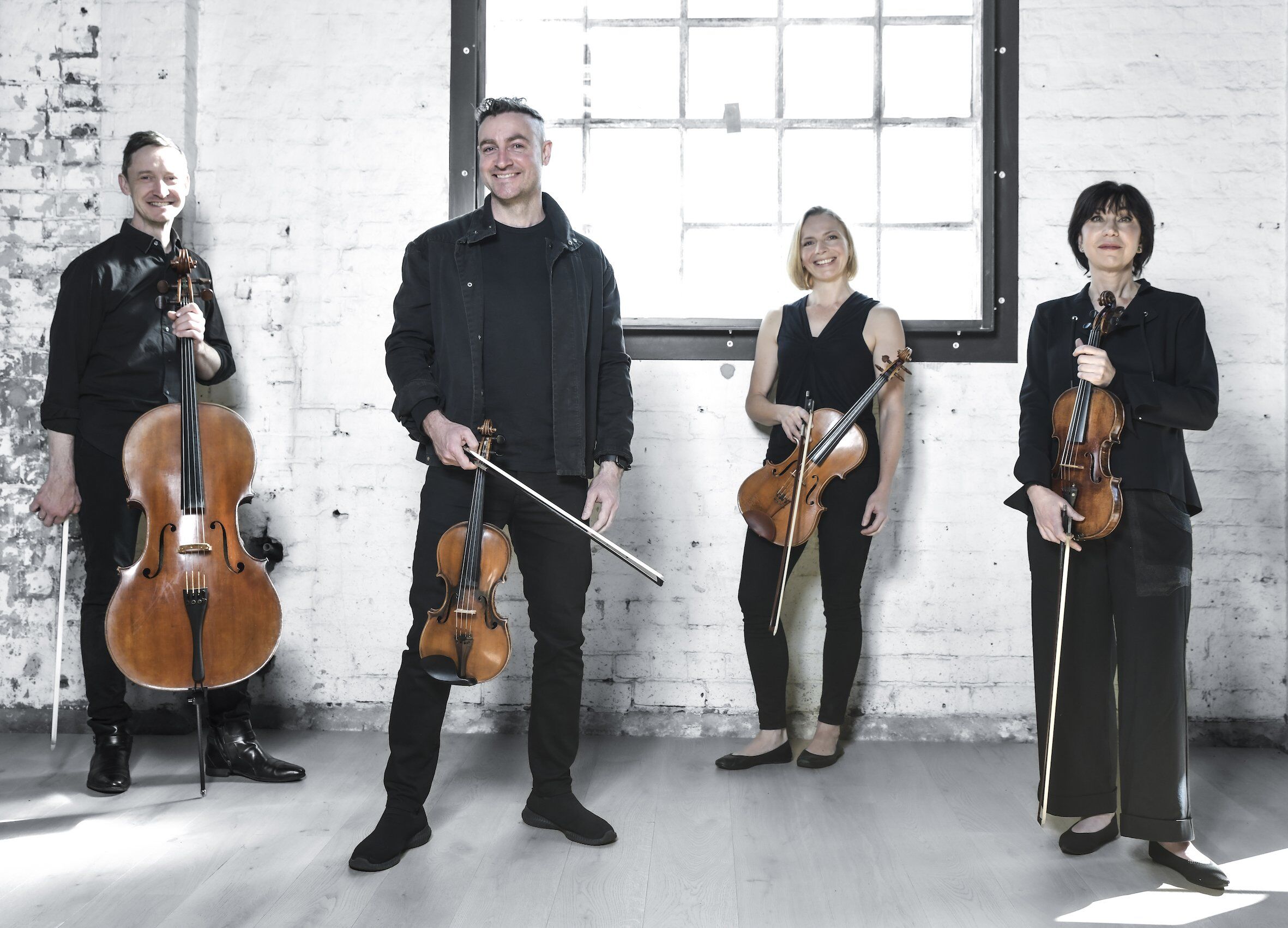

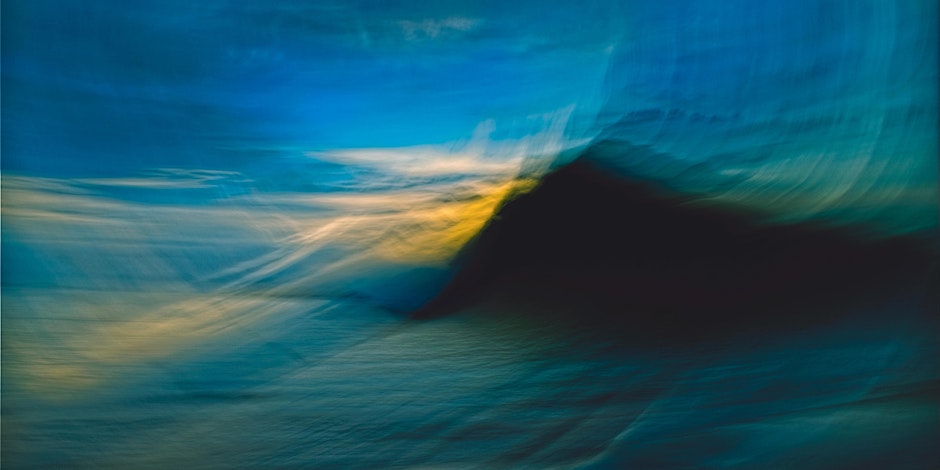



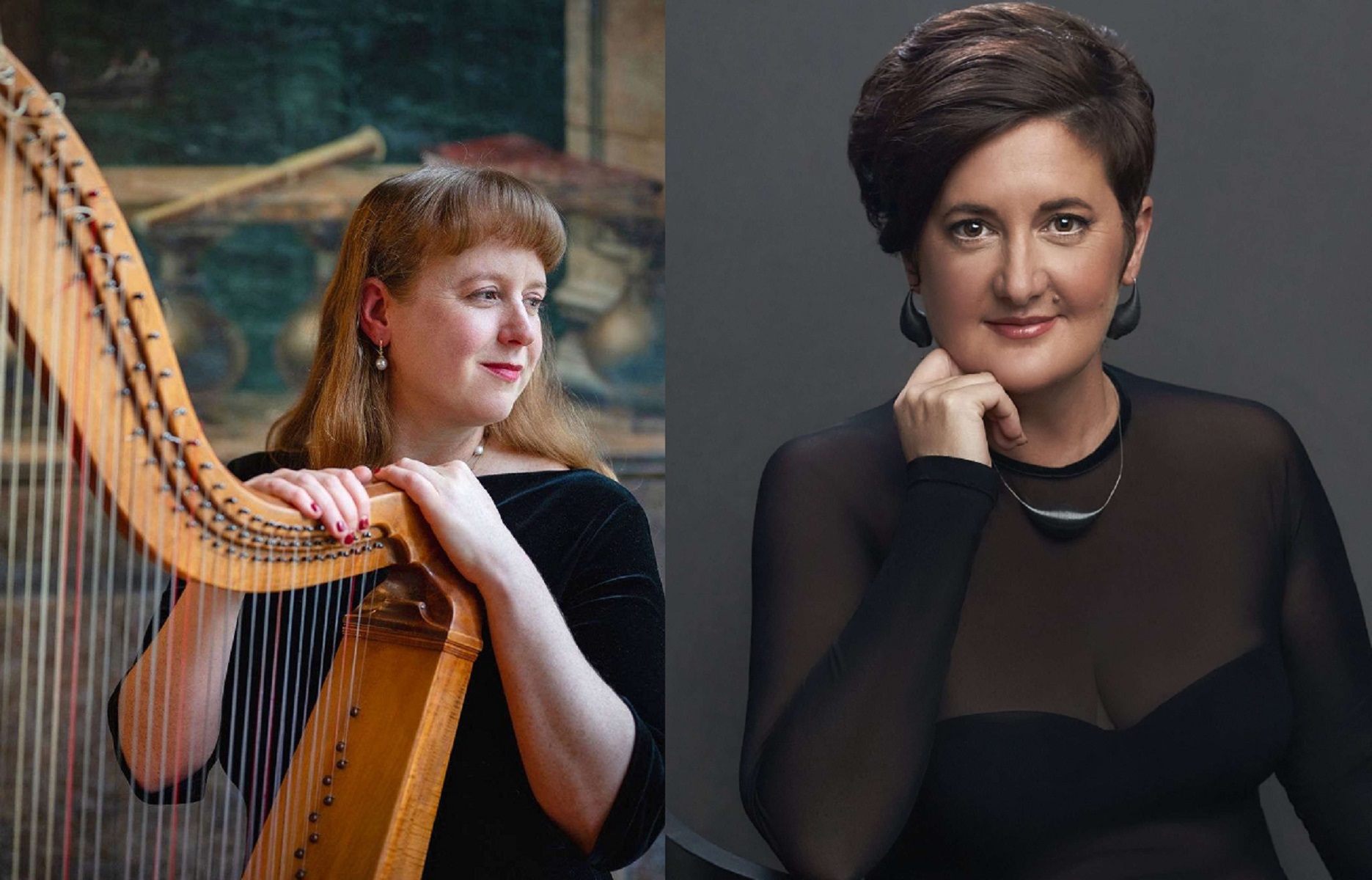
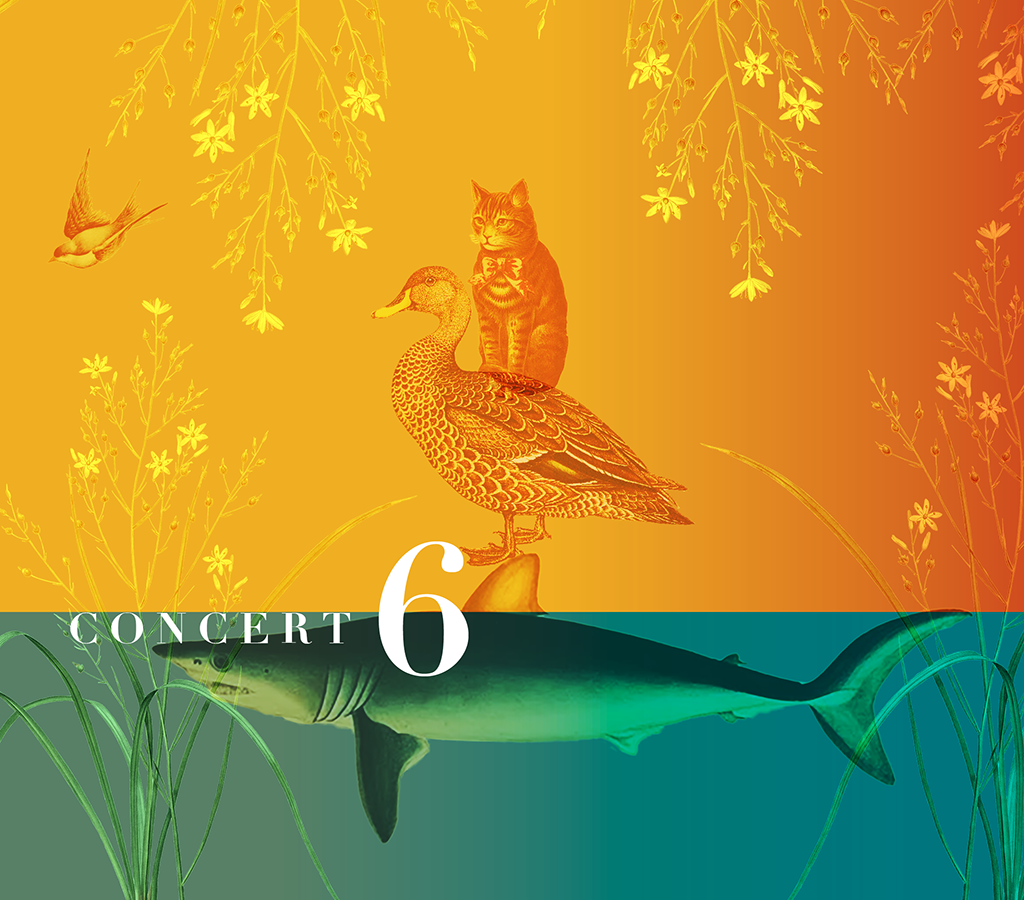

![user222 mrc mostlymozart [splendour of vienna] user222 mrc mostlymozart [splendour of vienna]](https://cdn-classikon.b-cdn.net/wp-content/uploads/2024/02/user222-mrc_mostlymozart_splendour_of_vienna.png)

